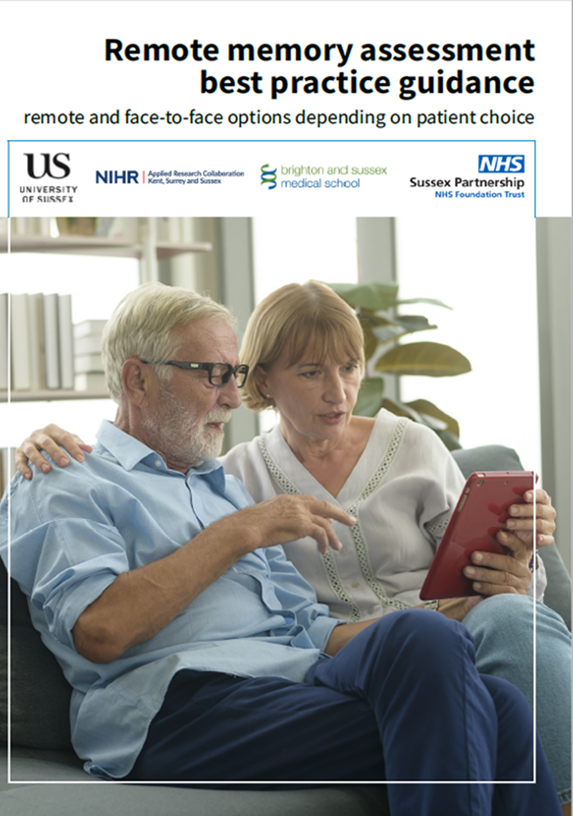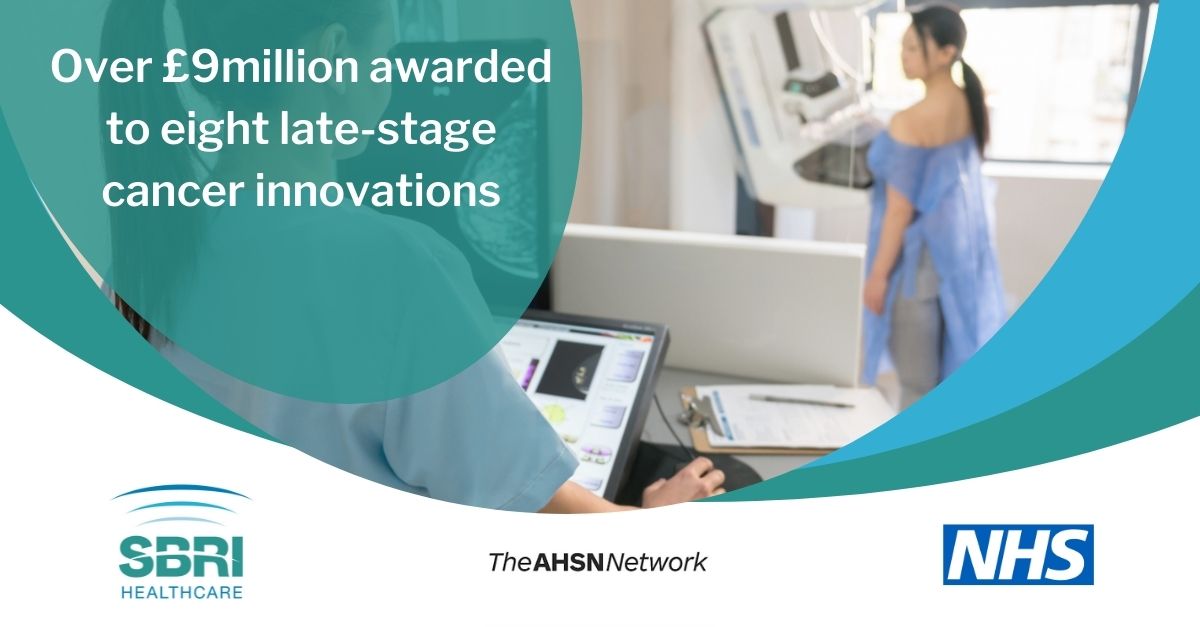Challenge
Our approach
Overall, the study found both people accessing services and those delivering them were satisfied with virtual memory assessment.
To support services to utilise these findings a virtual memory assessment toolkit was developed with additional funds from the University of Sussex Higher Education Innovation Fund.
The toolkit aimed to help services develop an evidence based remote MAS pathway that:
- helped COVID-19 recovery;
- increased resilience in the clinical systems;
- offered better choice to patients and carers;
- installed confidence and standards in implementation of a virtual MAS pathway.
Adoption of virtual memory assessment pathways
Those who opt for a virtual meeting may choose to do so for part of their assessment, such as the initial meeting with a nurse and cognitive testing, or for one of the post-diagnostic appointments.
Other people choose virtual due to convenience, such as not having to travel, or to avoid family members having to travel from across the country or overseas to be involved and provide support. With adequate support residents in care homes or people who are house bound can avoid unnecessary travel and disruption, also saving memory assessment staff travelling time and cost.
Although it is difficult to quantify the economic impact of an entire or partial virtual memory assessment pathway patient travelling cost (environmental, time, and financial) is one immediate saving. Anecdotally memory assessment staff feel that time saved through not having to navigate room space could mean virtual services would enable an extra appointment per session. If this saving was realised this could help reduce memory assessment wait times.
Feedback
- At the launch, 94 people attended from across England, and 97% said they found the findings and toolkit helpful.
- Those who feedback about the toolkit said it helped embed ‘choice’ and ‘flexibility’ into new and existing memory assessment pathways, it helped build ‘confidence’ and ‘support conversations’ about virtual services with all stakeholders including clinicians.
One year on
A year later integrated care systems in Kent Surrey and Sussex have largely returned to face to face memory assessment pathways. They are also struggling to achieve nationally mandated dementia diagnosis rates following COVID-19.
Could the offer of virtual remote memory assessments still have a role to play to support these pathways?
Recommendations
Key recommendations that support virtual remote memory assessments also apply to other virtual services, especially for older adults, include:
- Virtual consultation should be offered as a choice if appropriate for the patient. Flexibility to change and/or to have a hybrid pathway is important
- Both remote and face to face pathways should offer the same access and quality of service
- Patients generally need support to use the technology, this could be a family carer or guidance from an administrator or a clinician
- Patients without technology or support may not be suitable for virtual consultations and assessment
- Patients, carers, and clinicians much prefer video conferencing to telephone
- A larger screen device is recommended for remote appointments (above 9 inches/23 cm)- mobile phones are not recommended for assessment
- Clinicians may need support to become comfortable with using the technology and conducting consultations virtually. Practice amongst staff may be required
- Appropriateness for remote appointments and any risk factors should be identified at pre-assessment. For example, remote MAS is not suitable when the patient has severe sensory impairments, anxiety around technology or if there are safeguarding concerns.
- Some assessment tools can be more easily adapted to suit virtual consultation than others and patient drawings can be captured via screen shots.






